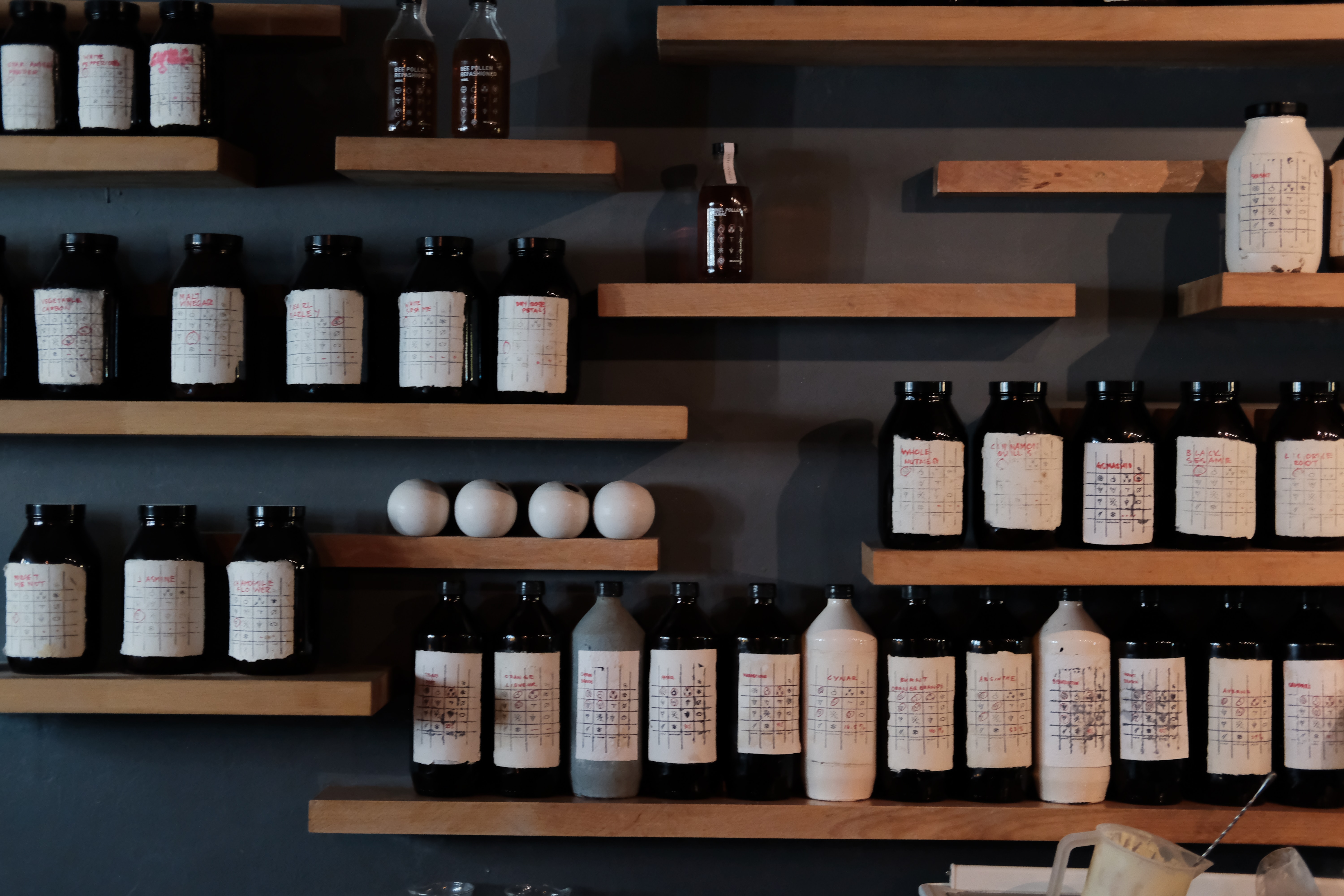
So you’ve decided to enter the highly profitable, fast growing retail world of Cannabidiol, most popularly known as CBD. Kudos to you!
But in such a competitive market, have you thought about where you’ll source your CBD products from? Or what ingredients you’d like in your CBD products?
While it’s exciting to think about your brand designs, logo, website, and mission statement, your new CBD company won’t go very far if you’re not offering a high-quality CBD product. Efficacy, purity, and safety are the top three things you need to consider when choosing a reputable CBD product.
Now, that doesn’t mean you have to go off and grow your own hemp, extract the cannabinoids in your home, and formulate your own CBD products by scratch just so that you can slap your own unique label on it. That would take thousands of dollars and a whole lot of time.
While that’s one way to start selling your own CBD products, it doesn’t have to be that complicated. This is where wholesale, white labeling, private labeling, and even custom formulation can come into play.
“But how do you know which one to choose?”
“Is there one better than the other?”
“I thought white label and private label meant the same thing?”
These are all valid questions…
Look, we know that some of these terms may sound like a foreign language, and it can be confusing to determine the differences between them all. But believe it or not, it’s not as confusing or complicated as it sounds at first. There’s an easy way to approach selling CBD products, and we’ve broken these terms and phrases down for you here in this article so you’ll have a clear understanding of each.
So let’s dive in…
What does white label branding mean?
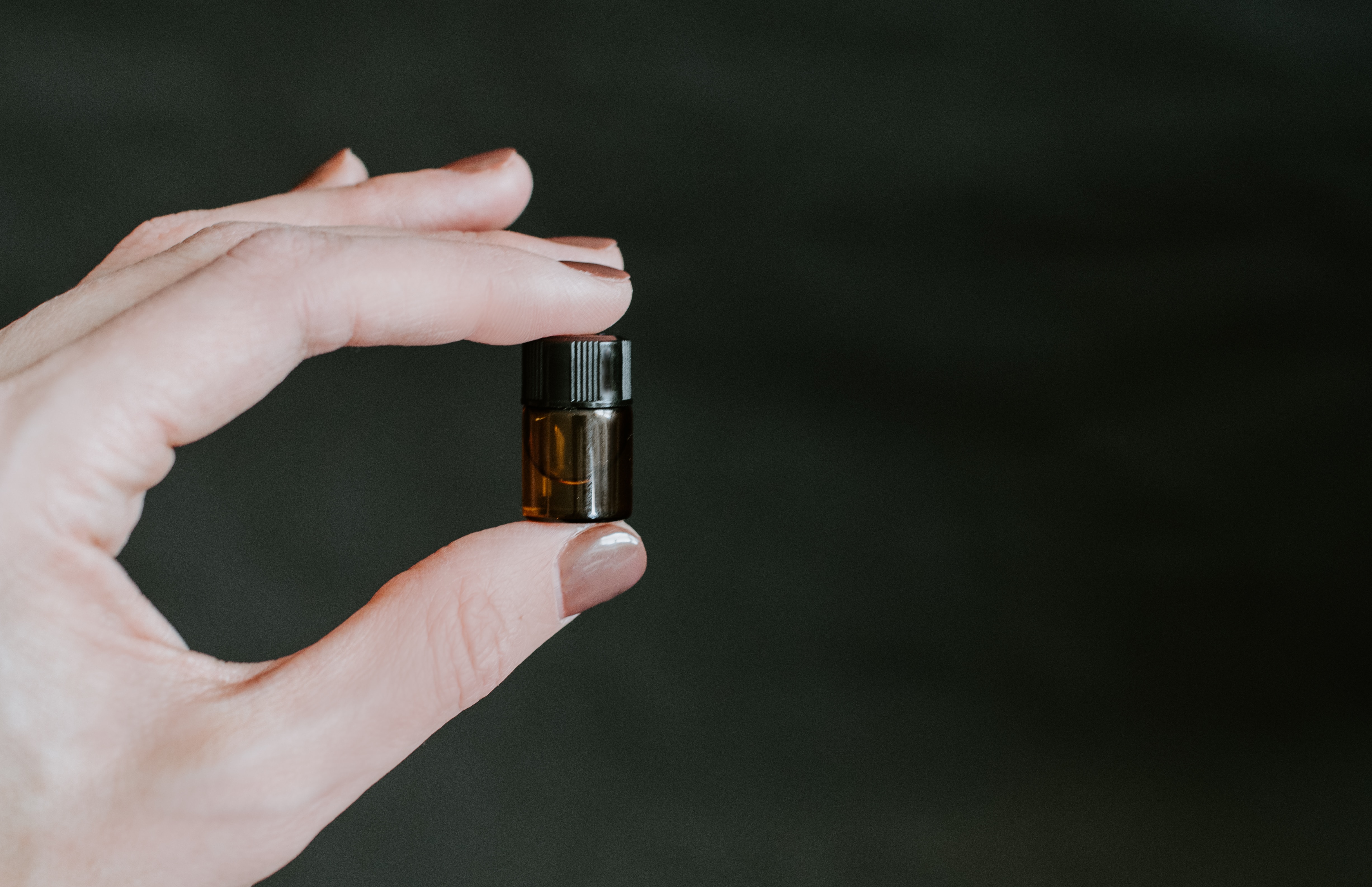
If you do a quick Google search, chances are you’ll see that white labeling means this:
The product is created by a third-party manufacturer for the purpose of having it sold under the brand of several other retailers.
For example: Advil is the popular brand name of ibuprofen, which is the first active ingredient in the product.
So when you go to Walmart or Walgreens, and you see Advil and “Walgreens ibuprofen” right next to each other, they are essentially the same exact product. It’s just that the Walgreens store brand, or “white label”, will be cheaper than the brand name product Advil.
What does private labeling mean?
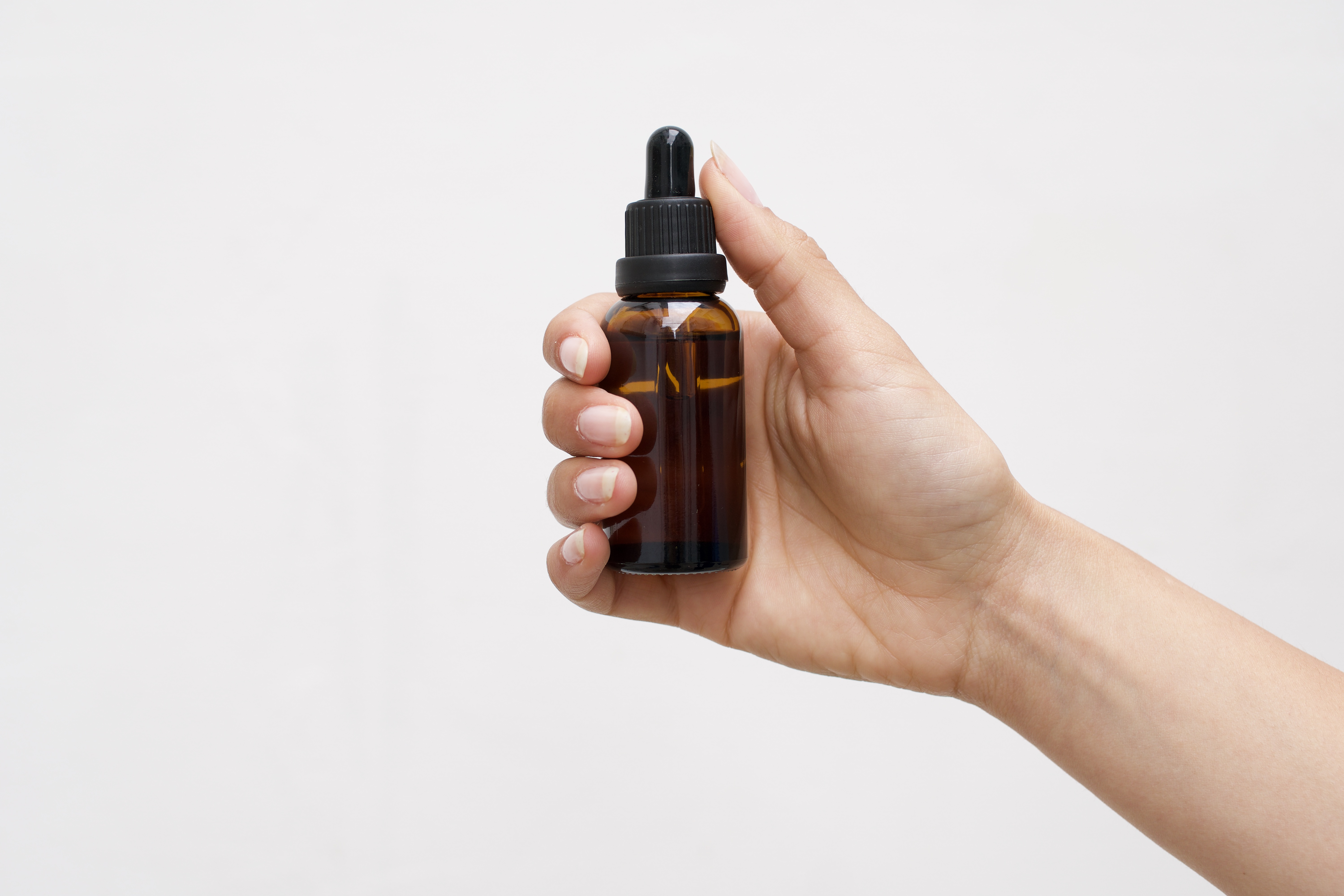
According to many articles found on Google, private label means:
The product is created by a third-party manufacturer and sold exclusively under a retailer’s private brand name.
For example: Walmart carries their own products under the brand name Equate.
Now, here’s where things get a little murky…
Just because Equate is sold only at Walmart, doesn’t mean the product itself is any different from another brand. For instance, you might see two digital thermometers side by side. One is Equate and the other is under another brand. Chances are, they’re eerily the same, but Equate is going to be cheaper because it’s Walmart private label brand (or store brand).
So, for all intents and purposes, the terms “private label” and “white label” are interchangeable in most situations. It’s just that some industries make a bit of a distinction between the two.
CBD White label vs. CBD private label
Predictably, there isn’t much difference (if any at all) between these two terms when it comes to the CBD industry. If you were to call up your favorite CBD company right now and ask them if they white label or private label their products, then you’ll likely hear them say, “Yes, they’re exactly the same thing.”
The only major difference is that white label is a slightly more generic term. Private label is a much better term to use.
What does CBD wholesale mean?
Wholesaling CBD products is a little different than white label and private label. It usually refers to purchasing products directly from a manufacturer and reselling them as-is, with no change to the brand name.
For example: You purchase 10 bottles of your favorite CBD oil and, instead of changing the label to your own company’s brand, you keep the original brand on it and sell it as is. You figure that the company already has a well established reputation, so why change the brand name to something else that nobody has ever heard of?
Which leads us to our next point…
Selling wholesale hemp-derived CBD
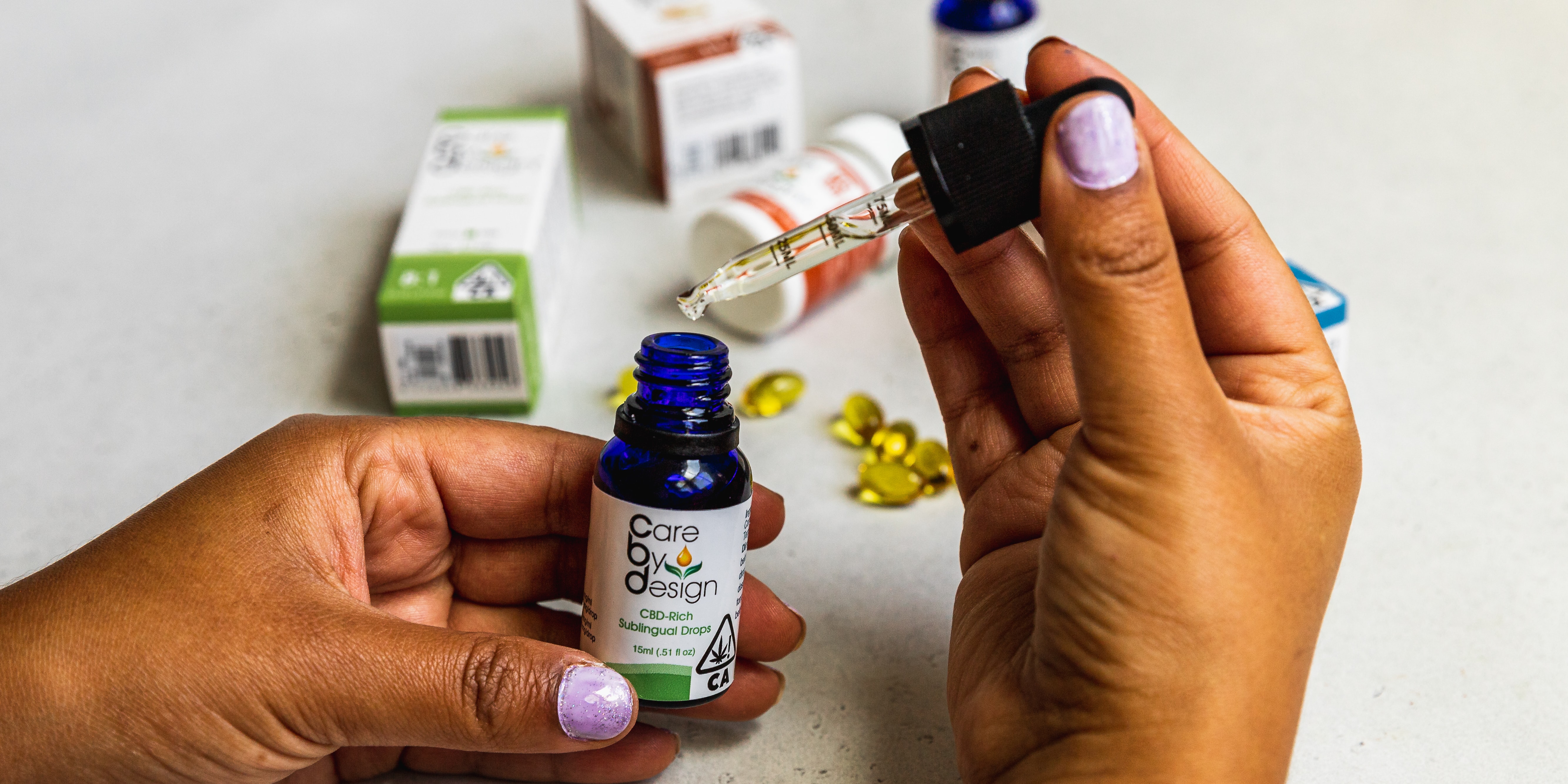
As we just mentioned, wholesale is much different than private labeling a CBD product. In fact, there’s not much involved in selling wholesale hemp-derived CBD products.
You simply purchase the CBD products you trust and love from your favorite CBD brand (if they offer wholesale), and then you set them up in your store, gym, practice, or advertise them on your online store.
In fact, some CBD oil companies may even send you some advertising materials if they know you are wholesaling their products.
For example: Whole Foods and Walgreens both carry CBD products. But most, if not all, of the CBD products they carry are under the CBD suppliers’ individual brand names. So you might see advertisement posters or signs of those specific CBD brands. So in this case, Whole Foods is simply a reseller of their products.
Selling wholesale CBD products requires a lot less headache and steps than going the private label route. Although, it can be a little more expensive to private label (because you have to produce your own labels, and the minimum order quantity is usually higher than with regular wholesale).
Now, what if you want to create your own CBD product from scratch, but you don’t have the equipment and the chemistry knowledge to do so?
Custom CBD formulations
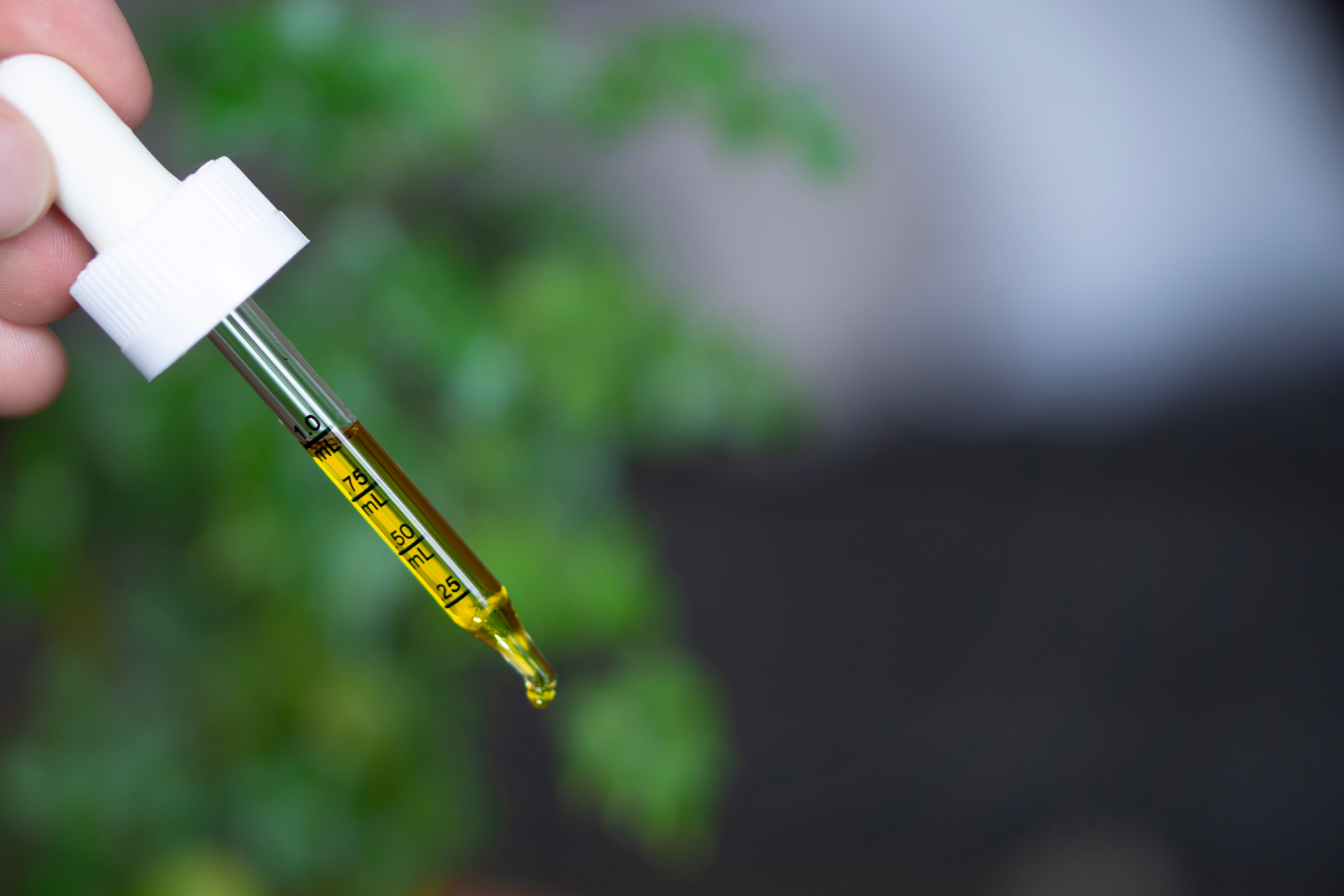
Customizing your own CBD products can be an awesome approach to selling your own hemp-derived products.
Not only do you get to choose the potency of your CBD products, but you can choose the flavor, carrier oils, additional ingredients, and packaging. Not to mention, you’ll have more control over the pricing, advertising, and marketing.
For example: Let’s say your favorite CBD oil is a little bitter tasting, so you want to add a nice mint flavor to it. Or maybe you want to create a CBD product that helps you sleep, so you want to add melatonin to it.
There are a lot of perks to customizing your own CBD products, but there are a few cons to it as well…
-
Longer wait time –– It can be a drawn out process, as there’s a lot of research and development that goes into customizing your own CBD products. You’ll have to taste-test the product to make sure it’s palatable and you’ll also need to test it for efficacy and quality. So you may have a few rounds of reformulation and testing, which can be very time consuming.
-
More expensive –– Order minimums on custom formulations are usually significantly higher than with regular whole and even private label. Also, it could cost additional money to test and formulate, then test again and reformulate.
-
You’ll need liability insurance –– Anytime you have a consumable product that’s under your brand, you will need some kind of product liability insurance. This protects you in the event someone gets ill consuming your CBD products and files a claim against your company. It will usually cover things like legal, medical, compensatory, and business damages—depending on the coverage and the company.
But what if you already love the formulation of your favorite CBD products, and you simply want to slap your own label on it and sell it under your brand?
Should I private label my CBD products?
Maybe you already have your own brand and a pretty sizable and loyal customer base. So private labeling might make more sense, right?
It depends…
If you were to call up your favorite CBD company and ask them, “Do you private label your products (or white label, whichever term you prefer)?”... and they say “Yes”... then you’re well on your way to carrying your favorite CBD products under your own brand.
The perks of private labeling a product is that it’s usually cheaper per unit than wholesale and sometimes custom CBD formulation. However, it’s important to note that every company is different, and they’ll all have different terms, price, etc. And of course, like the other methods, there are pros and cons to this approach as well.
How do I start a private label brand?
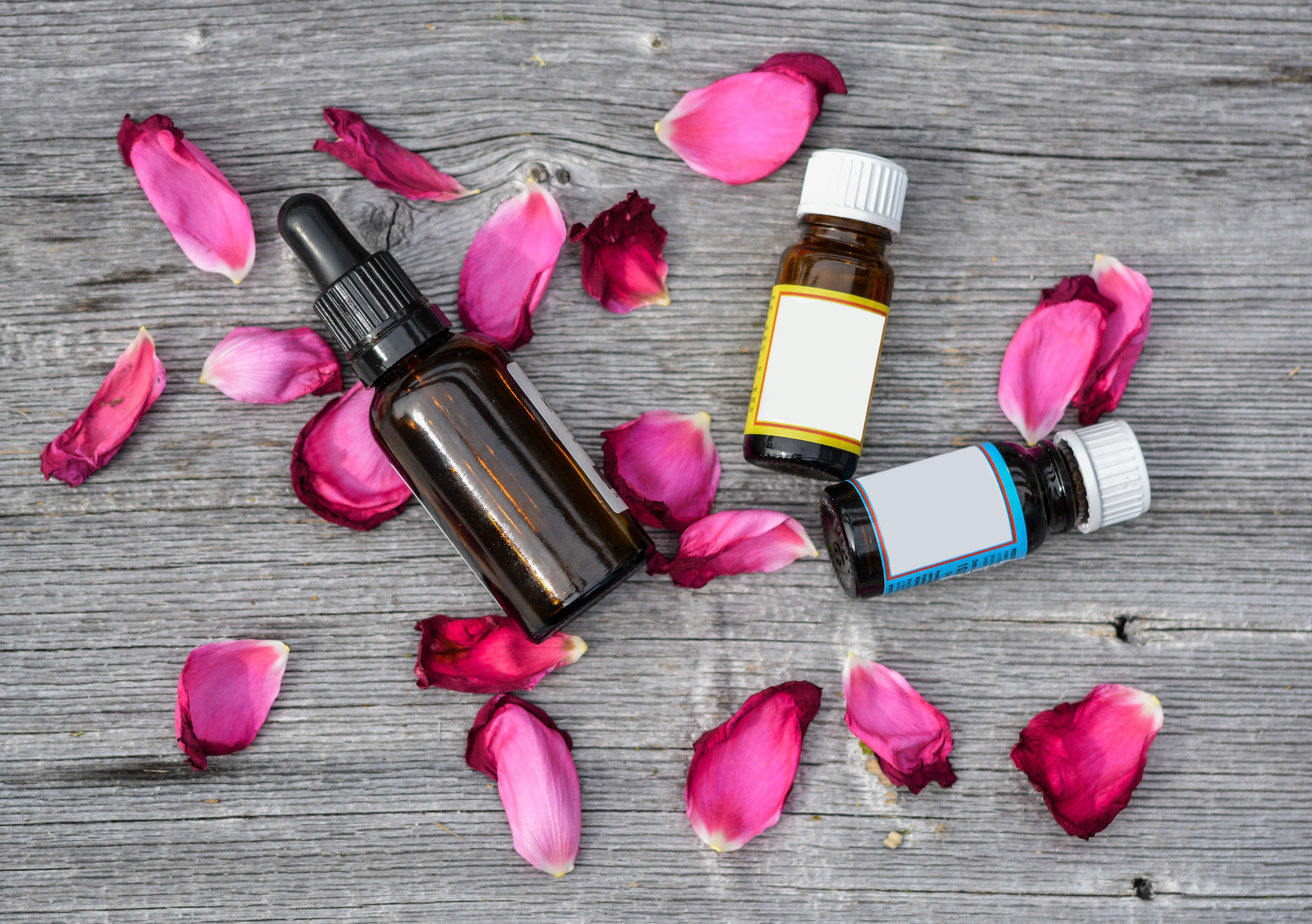
#1. First, contact your favorite CBD company. Be sure that the company is well established and creates thoroughly tested, effective, and safe to consume CBD products.
Ask if they private label their products, if they do, then you’ll need to ask a few additional questions.
#2. Next, ask if they do in-house labeling and design. If not, then you’ll have to do all of that on your own or find a freelancer to help you out. Upwork is a great place to find a high-quality freelance designer who specializes in product label design. Check their portfolio and reviews first to make sure their quality is high and their style is right for you.
If the company does have in-house labeling and design, then you won’t have to go on a rabbit hunt for additional resources. Or they may be able to refer you to a designer and/or label print house.
But you’ll still need to ask a few additional questions, like what’s their labeling and design process? Are there any additional costs to inhouse labeling and design?
#3. Next, you’ll need to ask if they are able to affix or apply the labels to the products. If they do offer this service, then by all means, let them do it. They will likely have a machine to make it look professional and consistent.
If they don’t offer this service, then you will need to find a freelancer or company to help you out, or you’ll have to do it yourself. But be warned, It’s a very tedious, time consuming project, and you’ll need to have a steady hand to make sure they all look professional. Of course, you could use a product labeling machine, which will require some upfront investment but will save loads of time in the long run.

#4. You’ll also need to carry product liability insurance, because you are selling a product under your own brand name.
So you’ll need to be prepared if someone happens to sue (God forbid), if anything were to happen to them because of your products.
It sounds scary, but don’t stress too much. It’s always important to be prepared for worst case scenarios.
#5. It would also be wise to get a cannabis attorney if you need to understand what your liabilities are in a worst case scenario.
Under the law, ingestibles are treated differently than skin care products. However, for both, it’s advisable to seek advice from an attorney who is familiar with the legal landscape for these types of products.
#6. If you’re in the USA, the CBD manufacturer of your choice will likely ask for your Federal Tax ID number in order to wholesale or private label account. But if you are operating as a sole proprietor, then you can simply give them your social security number if you don’t have a Federal Tax ID number. (Either one serves as a Tax ID number.)
However, if you have an LLC or corporation, then you'll want to give them your Federal Tax ID number.
Now let’s discuss a couple of common questions new CBD business owners often ask about…
What is dropshipping?
Dropshipping is a way for businesses to manage their inventory and ship their products to their customers.
For example: Your customers place an order on your online store. You then forward their shipping information to the company who is dropshipping the product, along with your payment. The fulfillment center will then package your products and ship them straight to your customer.
Some CBD brands offer dropshipping, and other times you’ll need to use a third-party fulfillment center to dropship them (such as Amazon).
Relatively painless!
Can I dropship private label CBD products?

Yes, you can dropship private label CBD products. You’ll just need to find a fulfillment center or supplier who dropships, and that will take some research on your part. Be sure to ask what their dropshipping processes are.
Dropshipping your private label CBD products can be super easy. It opens the door for you to work where you want, it lessens your overhead costs, and it allows you to really grow and expand your CBD business.
Bottom line
Now that you have a better understanding of what the terms white label, private label, wholesale, and custom formulation mean, you can take what you've learned and apply it to your CBD business decisions.
Now it’s important to note that the information found in this article is in no way legal advice. It’s imperative that you consult a small business cannabis attorney before moving forward with your CBD business decisions. You can also look into places like the Small Business Administration (which is government-sponsored), and Score.org (which is a non-profit). They may be able to steer you in the right direction for your situation.
We also encourage you to speak with other CBD oil companies and see how they got started. There’s nothing better than learning from someone who’s already been there and done that.
Nevertheless, we hope this article helped shed some light on the commonly misunderstood information regarding selling CBD products that’s floating around on the internet today.


